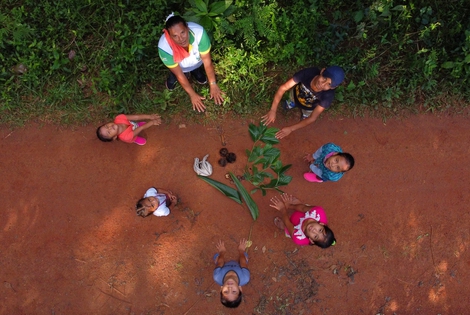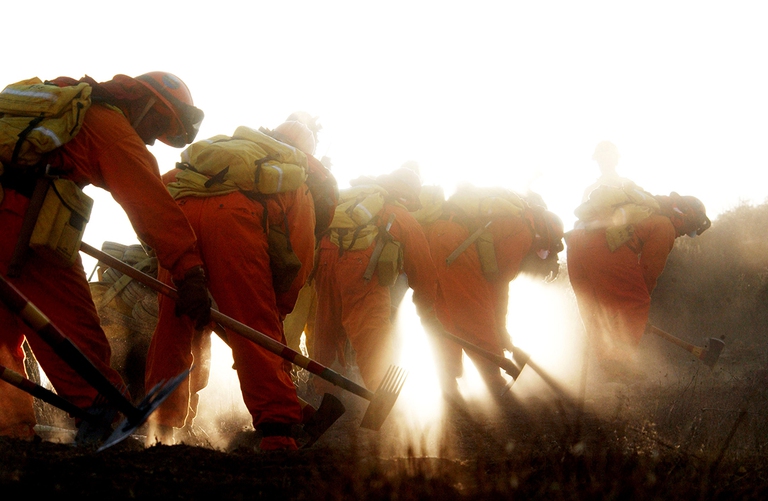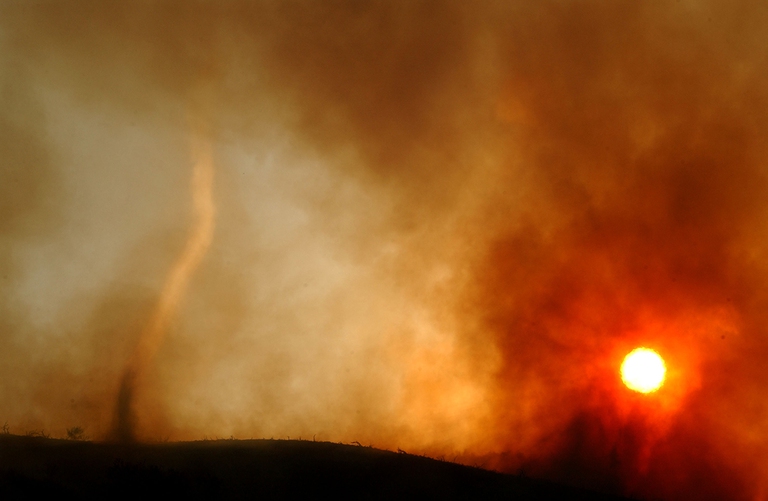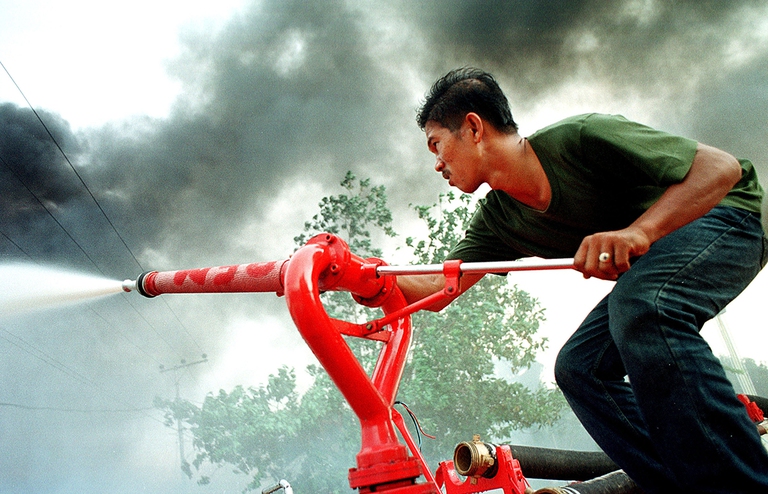
The Amazon became an alternative classroom during the pandemic. Now, the educational forest in Batraja, Bolivia, lives on to teach children and adults the value of nature.
Indonesia is going through an unprecedented crisis due to fires. Forests, which are often virgin, have been burnt to make space to oil palm plantations. Air is unbreathable. The typical colour of the environment is sepia, no filter needed. Six provinces of the country have already declared a state of emergency and thousands of people are
Indonesia is going through an unprecedented crisis due to fires. Forests, which are often virgin, have been burnt to make space to oil palm plantations. Air is unbreathable. The typical colour of the environment is sepia, no filter needed. Six provinces of the country have already declared a state of emergency and thousands of people are abandoning their lands, and so are animals, mostly orang-utans, which are threatened with extinction due to habitat loss, thus being forced to flee “their” forests.
The situation is currently out of control in Sumatra and Kalimantan, where 10 people have died for breathing contaminated air, whilst over 500,000 people have had health problems since 1 July. Fires, lit to make protected land cultivable, have been fuelled also by the arid climate and the absence of rainfall due to the impact of El Niño. Pollutants level registered by the Pollutant Standard Index reached 2,000. Anything above 300 is considered hazardous.
Sutopo Puro Nugroho, the spokesperson for the Meteorology, Climatology and Geophysics Agency (BMKG) has declared that for months 43 million people have been inhaling toxic fumes, and figures could be even higher: “This is a crime against humanity of extraordinary proportions. But now is not the time to point fingers but to focus on how we can deal with this quickly.”
Dear PM @NajibRazak, do something for Malaysia & our neighbour #pesanuntukpresidenRI #evakuasikami #rawatkorbanasap pic.twitter.com/gAeCN6YyRJ
— twt_marathon (@twt_marathon) 20 Ottobre 2015
In the meanwhile, people decided to raise their voice, despite they are often ignored by the government of Jakarta led by President Joko Widodo. On Twitter, the hashtags #EvakuasiKami (evacuate us) and #RevolusiLangitBiru (blue sky revolution) became viral in just few hours, gathering the tweets of people asking to end such dreadful situation.
Indonesia readies shelter ships as haze last resort after #EvakuasiKami hits Twitter https://t.co/oQYjkc9MPQ pic.twitter.com/WUaZ9x8efa
— Coconuts Jakarta (@CoconutsJakarta) 23 Ottobre 2015
Fires are also affecting neighbouring countries, such as Malaysia and Singapore, where many schools have been shut down, outdoor events have been cancelled, and many flights didn’t depart. For all these reasons, a campaign has been launched to boycott many products made in Indonesia. The country is criticised for not doing enough to stop crimes that have been going on for years. Many people are wondering why it is so difficult to spread the idea that “if you set fire, you go to prison”, and many others wonder which are the real interests behind this dramatic situation.
Governments of Malaysia, Singapore, Japan, and Russia have offered their help to Widodo by sending helicopters and canadairs. However, it doesn’t seem to be enough. It has been estimated that fires have cost to the Indonesian government 30 billion dollars. A huge amount of money for a country willing to grow. An incalculable damage to a land rich in beautiful forests that should invest in sustainable development, whilst avoiding losing any hectare of land.
Siamo anche su WhatsApp. Segui il canale ufficiale LifeGate per restare aggiornata, aggiornato sulle ultime notizie e sulle nostre attività.
![]()
Quest'opera è distribuita con Licenza Creative Commons Attribuzione - Non commerciale - Non opere derivate 4.0 Internazionale.
The Amazon became an alternative classroom during the pandemic. Now, the educational forest in Batraja, Bolivia, lives on to teach children and adults the value of nature.
Sharon Lavigne, one of the six winners of the 2021 Goldman Environmental Prize, is fighting to protect her community from plastics corporations.
Plastic pollution is airborne too. Microplastics are being carried across continents by the wind, as a recent study reveals.
Our species took its first steps in a world covered in trees. Today, forests offer us sustenance, shelter, and clean the air that we breathe.
Levels of particulates in New Delhi in 2020 were once again far above safety thresholds, with extremely serious health consequences for its citizens.
A major oil spill in the Ecuadorian Amazon in April has left the Coca River polluted. The indigenous Kichwa are suing the companies whose pipelines broke.
Molecules that eat up plastic waste, including PET bottles, may soon become widely used as scientists leap ahead in developing new super enzymes.
In Italy’s Land of Fires between Naples and Caserta, activists like Carmen Medaglia are fighting to promote new ways of managing waste.
Toxic substances in Kamchatka’s waters have killed 95% of marine fauna and caused health problems for surfers. The causes, however, are still unknown.










